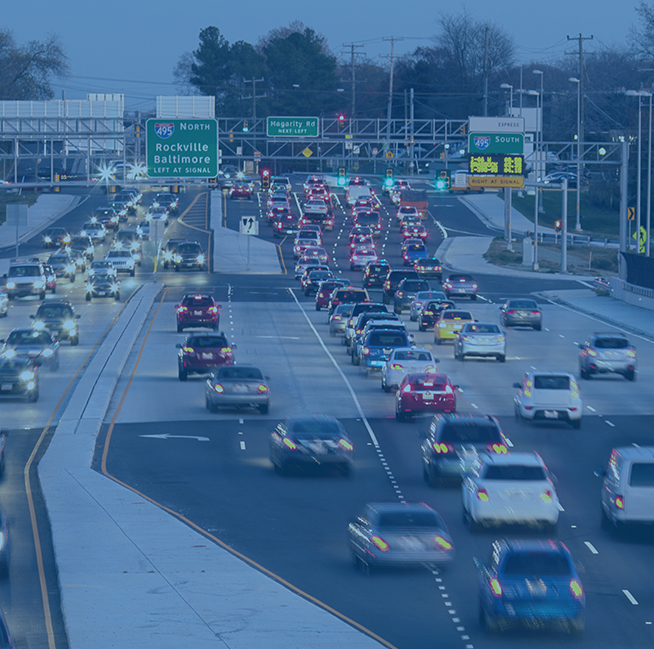Auto Insurance
An auto insurance policy is a contract between you and an insurance company. You pay a premium. In exchange, the insurance company promises to pay for specific car-related financial losses, within the selected coverage limits, that you may have during the term of the agreement.
Most states require that you carry automobile liability insurance in certain minimum amounts. If you are at fault in an accident the law requires that you pay the damages sustained by the person who is not at fault. These can include property damage, which is the cost to repair or replace any property that you have damaged. These can also include damages for personal injuries, which include not only the other person’s medical expenses and lost wages but also damages for pain and suffering, permanent injury, and loss of enjoyment of life. These damages can come to thousands of dollars even for a minor accident. That’s why adequate insurance is essential to your economic health.
See all policies
HOME + AUTO
BUSINESS
LIFE + INCOME
TOYS
What is no fault insurance?
In states with no-fault insurance victims of automobile accidents are compensated by their own insurance company, regardless of who caused the accident. No attempt is made to determine fault. This is different from the traditional insurance coverage where the party at fault is primarily responsible for paying the costs of an accident, either individually or through his or her insurance company. In certain circumstances, though, victims can sue the other party; the limitations vary among no-fault states.
No fault programs are designed to reduce the cost of auto insurance by reducing claims and litigation. About one-half of the states have enacted some type of no fault or auto insurance reform legislation. No-fault insurance laws vary widely, so you should check with your insurance commissioner’s office or an insurance agent for requirements in your state. If part of your coverage is based on no-fault laws, find out if it covers you when you drive in other states.
What are the various types of auto insurance coverage?
The standard private passenger automobile insurance policy affords up to four types of coverage. These coverages include: Liability Coverage, Medical Payments Coverage, Uninsured Motorist Coverage (Underinsured Motorist Coverage) and Coverage for Damage to Your Auto (Comprehensive and Collision).
Liability coverage protects you from property damage or personal injury claims arising out of the ownership, maintenance or use of a covered automobile. Unless specifically restricted by your policy, you will have coverage while driving any car, pickup, or van so long as you have the owner’s permission to use the vehicle. A person who is using your car, pickup, or van with your permission will also be covered. At the time the policy is issued you will choose the limits of liability that you want. The limits that you select are the most that we will pay in the event of a loss.
Medical payments coverage pays for medical expenses that you, or a family member, incur as the result of an automobile accident. It also covers persons who are occupying a covered automobile. At the time the policy is issued you will choose a coverage limit. The limits that you select are the most that will be paid for each person in connection with a single accident.
Even though liability coverage is advisable and often required, there are many irresponsible people who do not buy insurance. If an uninsured motorist causes an accident you will not be able to recover any damages that you sustain. If you purchase uninsured motorist insurance, though, your insurance company will pay you for the property damage and bodily injury caused by an uninsured motorist. It will cover you, any family member, and anyone occupying a covered automobile. The limits for this coverage are usually the same limits that you selected for liability, although you can choose lower limits.
There are also times when a person who causes an accident has liability insurance but your damages exceed the limits of that person’s coverage. In some states underinsured motorist coverage is included in your uninsured motorist coverage. In other states, you can purchase underinsured motorist insurance which covers your excess losses up to the limit set forth in the policy.
If you have comprehensive and collision coverage, the insurance company will pay for damage to a covered automobile regardless of fault. Most banks and finance companies require you to maintain comprehensive and collision coverage on your car if it is financed.
What is liability coverage?
Liability coverage extends to you, your spouse, and any resident family member for the ownership, maintenance, or use of any car, pickup, or van unless specifically restricted by your policy. Most state laws require that you carry a minimum amount of liability insurance, which pays for injuries or damages you cause to someone else. (We recommend that you carry much more than the minimum – enough to protect all your assets.)
What should I do when renting a car?
The answer to this question is not as easy as it once was. In the not-too-distant past, most automobile insurance policies would extend coverage to rental cars whenever you rented one. This is not quite true anymore and coverages now vary widely from company to company and from state to state. The best way to find out what rental car coverage you have under your automobile policy is to call your insurance company or your agent.
What is the difference between comprehensive and collision coverage?
Collision is defined as losses you incur when your automobile collides with another car or object. For example, if you hit a car in a parking lot, the damages to your car will be paid under your collision coverage.
Comprehensive provides coverage for most other direct physical damage losses you could incur. For example, damage to your car from a hailstorm will be covered under your comprehensive coverage.



